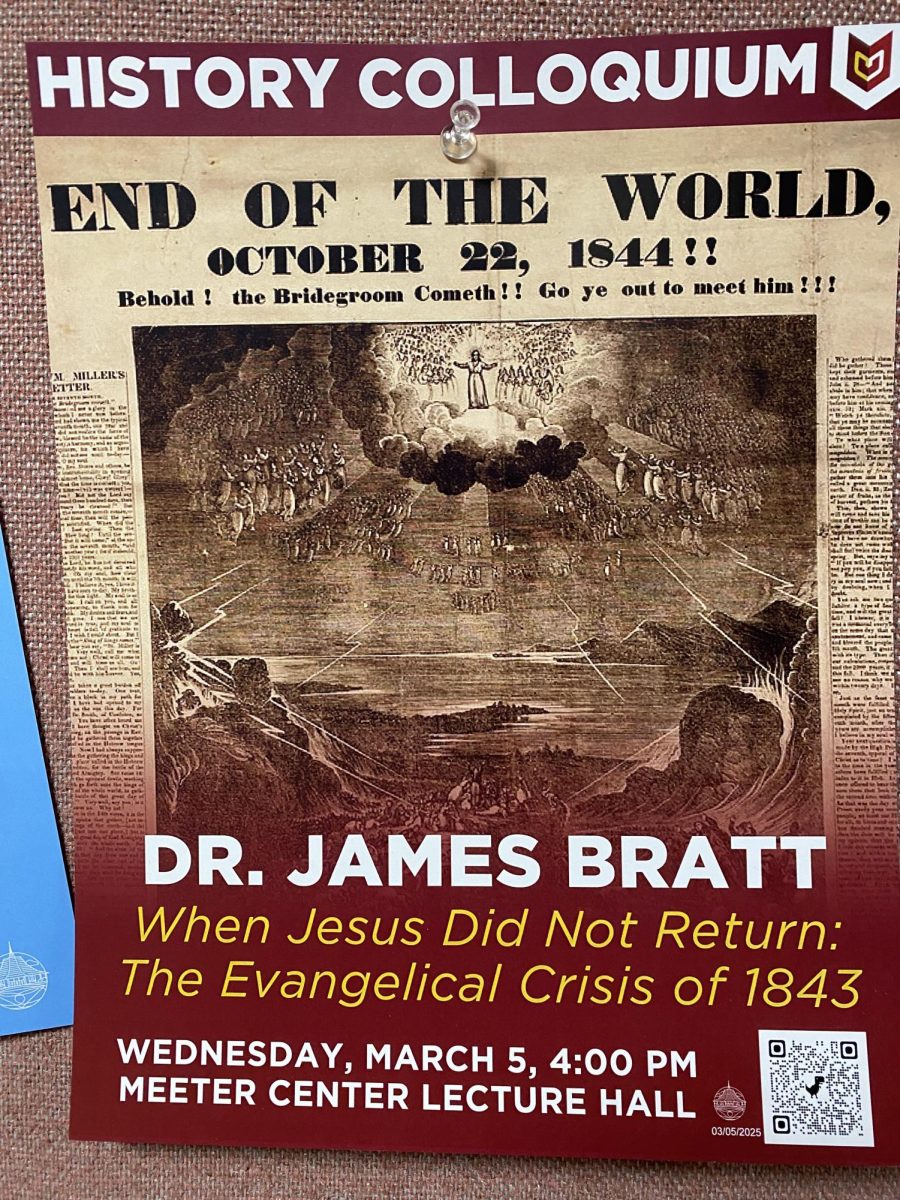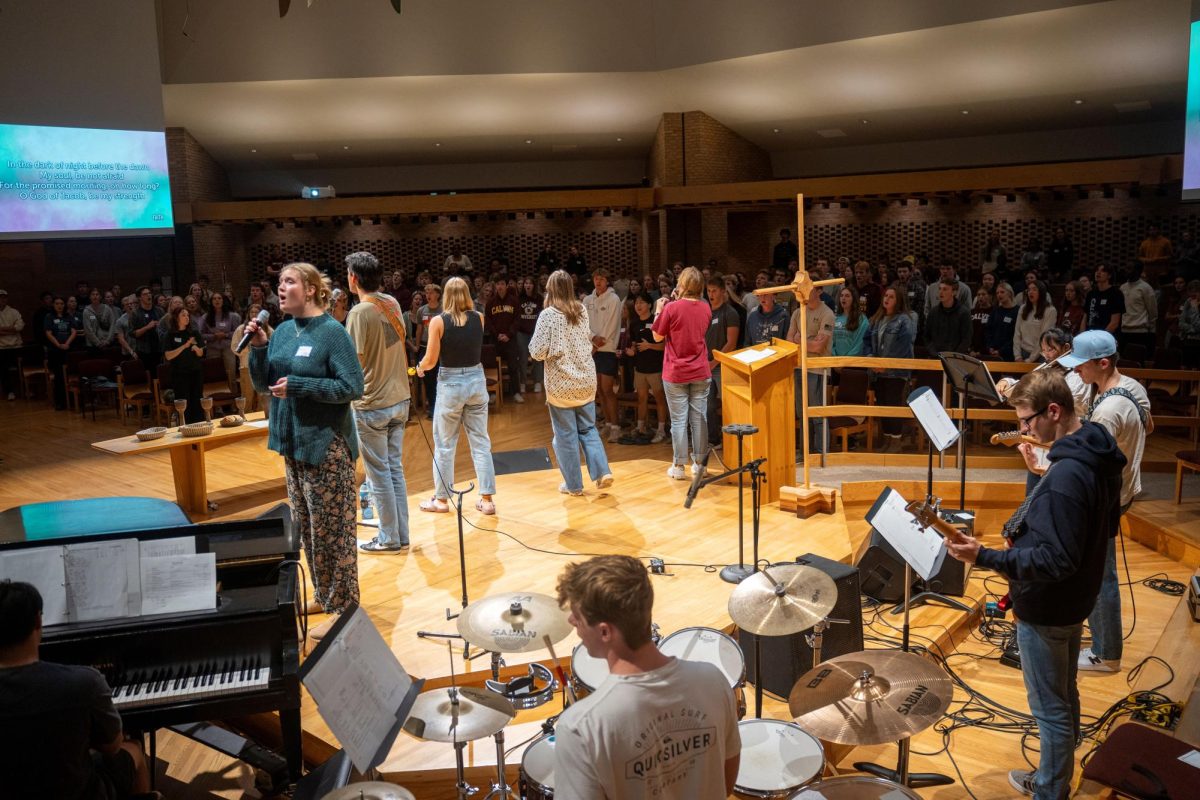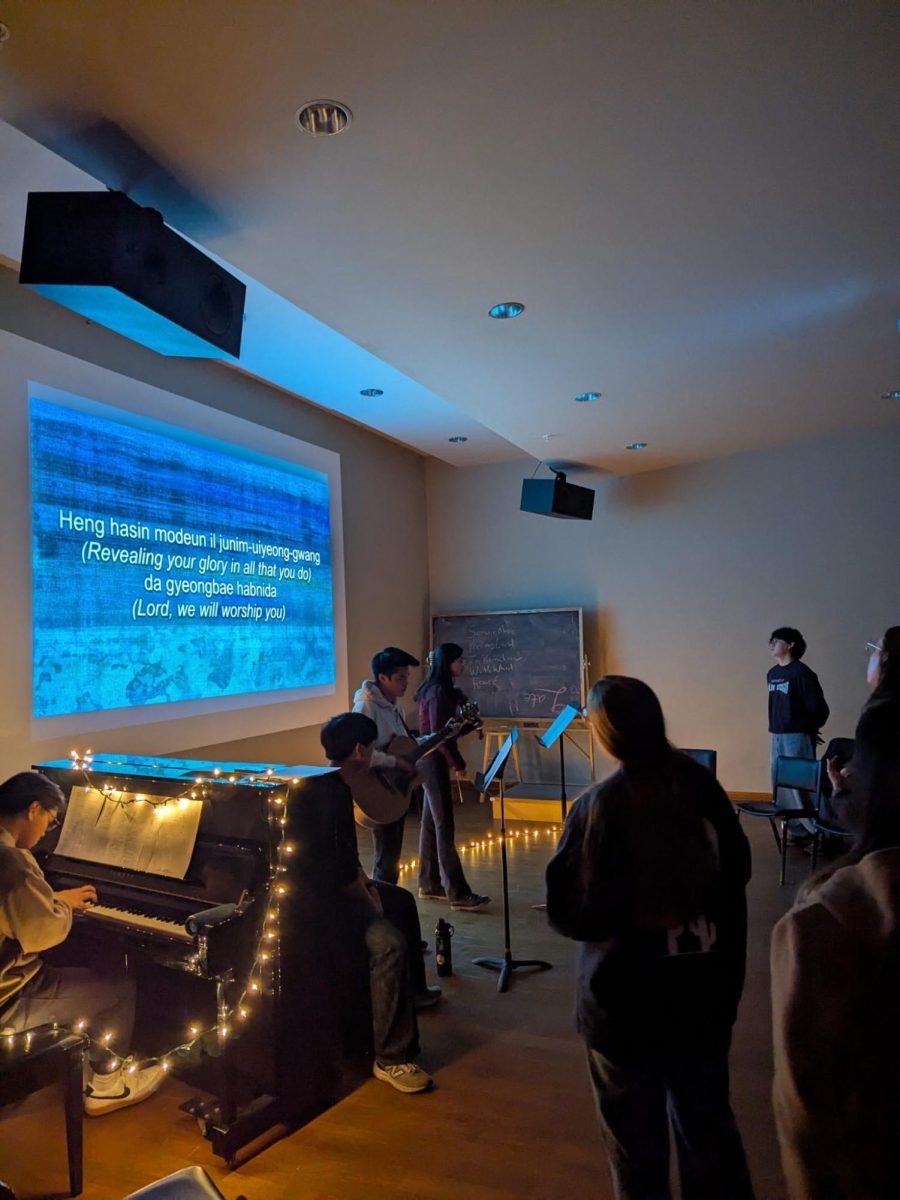Every Wednesday night, men and women from the Grand Rapids community meet at City Life Church to be involved in a faith-focused recovery group called Celebrate Recovery led by Rev. Nathan Beals.
However, the biggest challenges the members face aren’t from inside their groups but from the outside community. Beals calls this phenomenon “the challenge of the stigma.”
“I hear people say all the time that Celebrate Recovery is a great program, for ‘those people’ or for ‘them.’ By ‘those people’ they mean people with issues like substance abuse or emotional concerns,” Beals observed, “but the program is so much more than that.”
Beals went on to discuss the spiritual aspects of the program.
“Celebrate Recovery is a program for any struggle that is keeping someone from having a more intimate relationship with God. Which could mean alcohol, or something like anger. We call these things hurts, habits and hang ups” he said.
Celebrate Recovery was founded in 1990 by Pastors John Baker and Rick Warren of Saddleback Church. Baker and Warren thought that the “higher power” mentioned in Alcoholics Anonymous was too ambiguous, so they set out to create a specifically Christ-focused ministry; their mission has now extended to 20,000 churches worldwide.
The typical Celebrate Recovery meeting starts at 5:30 p.m. with a meal, followed by a mini worship service after which a member of the group comes forward to share a testimony or discuss spiritual hindrances, like anger or depression. The large group session ends with the serenity prayer.
Afterward, the members are dismissed to their open share groups. The open share groups are divided by gender and then further divided by substance abuse and emotional trauma. For example, the men are split into two groups, one group for men who are contending with an alcohol or substance abuse problem. The other group is for those who are working through emotional struggles, like anger or depression.
Beals also noted that the program is designed for individuals who transfer churches.
“Celebrate Recovery is set up like a fast food chain,” Beals remarked. “Ideally, people can move from their old church to a new one and still get the same experience.”
Throughout the world, Celebrate Recovery offers a place where the “challenge of the stigma” can be overcome by creating a transparent culture that acknowledges all hurts, habits, and hang-ups, but more importantly shows a path towards healing.
For more information concerning Celebrate Recovery, contact City Life Church by Facebook or on their website at celebraterecoverygr.com






